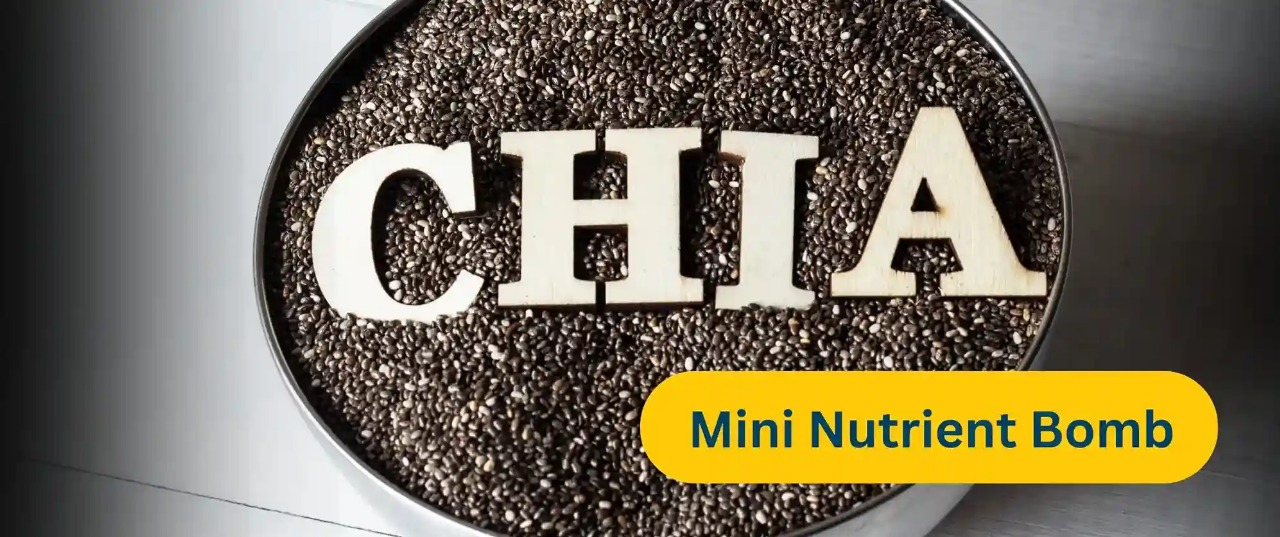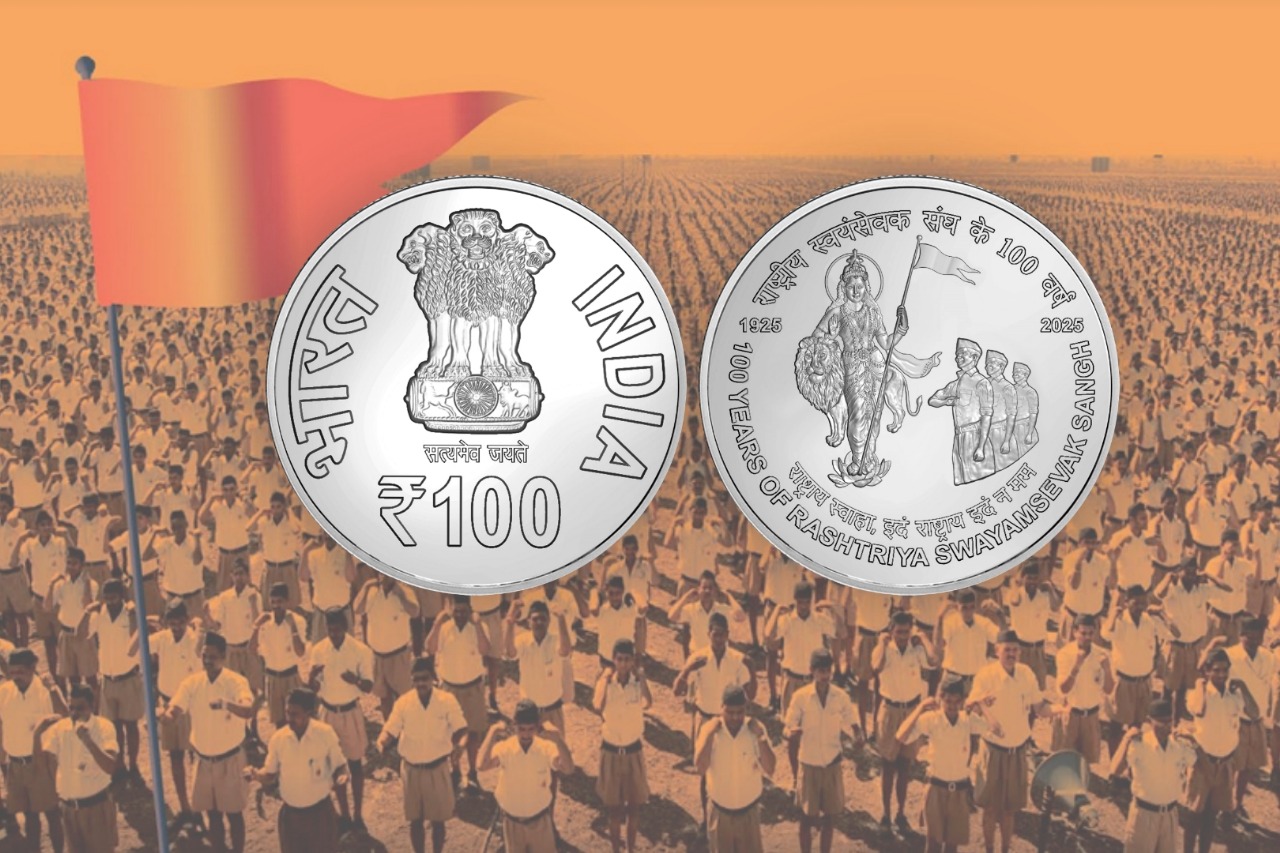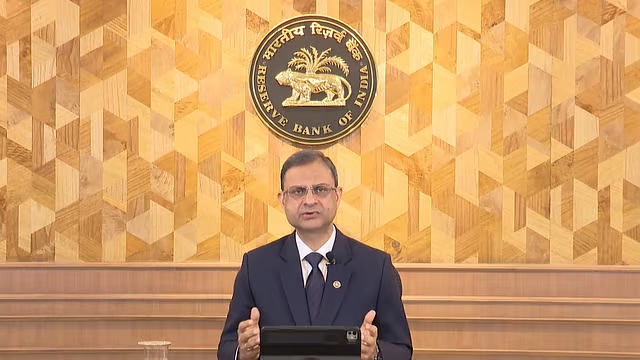Chia seeds may be tiny, but their impact on heart health is mighty. Packed with fiber, omega-3 fatty acids, protein, and antioxidants, these seeds support cardiovascular wellness by helping regulate blood pressure, lower cholesterol, and reduce inflammation.
Key Nutritional Benefits for the Heart
-
High Fiber Content: About 2 tablespoons (30g) of chia seeds provide nearly 10g of fiber which lowers "bad" LDL cholesterol and triglycerides while boosting "good" HDL cholesterol, helping protect blood vessels.
-
Omega-3 Fatty Acids: Rich in alpha-linolenic acid (ALA), a plant-based omega-3 that reduces heart disease risk by lowering inflammation and improving artery function.
-
Antioxidants: Compounds like quercetin and chlorogenic acid protect against oxidative stress and inflammation, factors linked to heart disease.
How Chia Seeds Help Manage Blood Pressure
Research shows consuming around 25g of chia daily can reduce systolic blood pressure by about 3.3 mmHg, an effect that supports overall cardiovascular health. Their fiber forms a gel in the stomach, slowing digestion and helping control appetite, which in turn contributes to weight management—a key factor in blood pressure regulation.
Practical Ways to Include Chia Seeds in Your Diet
-
Soak chia seeds in water or milk to make a gel-like pudding.
-
Sprinkle over oatmeal, yogurt, or salads for extra crunch.
-
Blend into smoothies for a nutrient boost.
Final Thoughts
While chia seeds alone won't cure heart conditions, they are a heart-healthy addition to a balanced diet and active lifestyle. Incorporating them regularly can contribute to better cholesterol levels, lower blood pressure, and reduced inflammation—all vital for a healthy heart.
Source: Times of India, Harvard Health, Healthline, WebMD, Verywell Health








